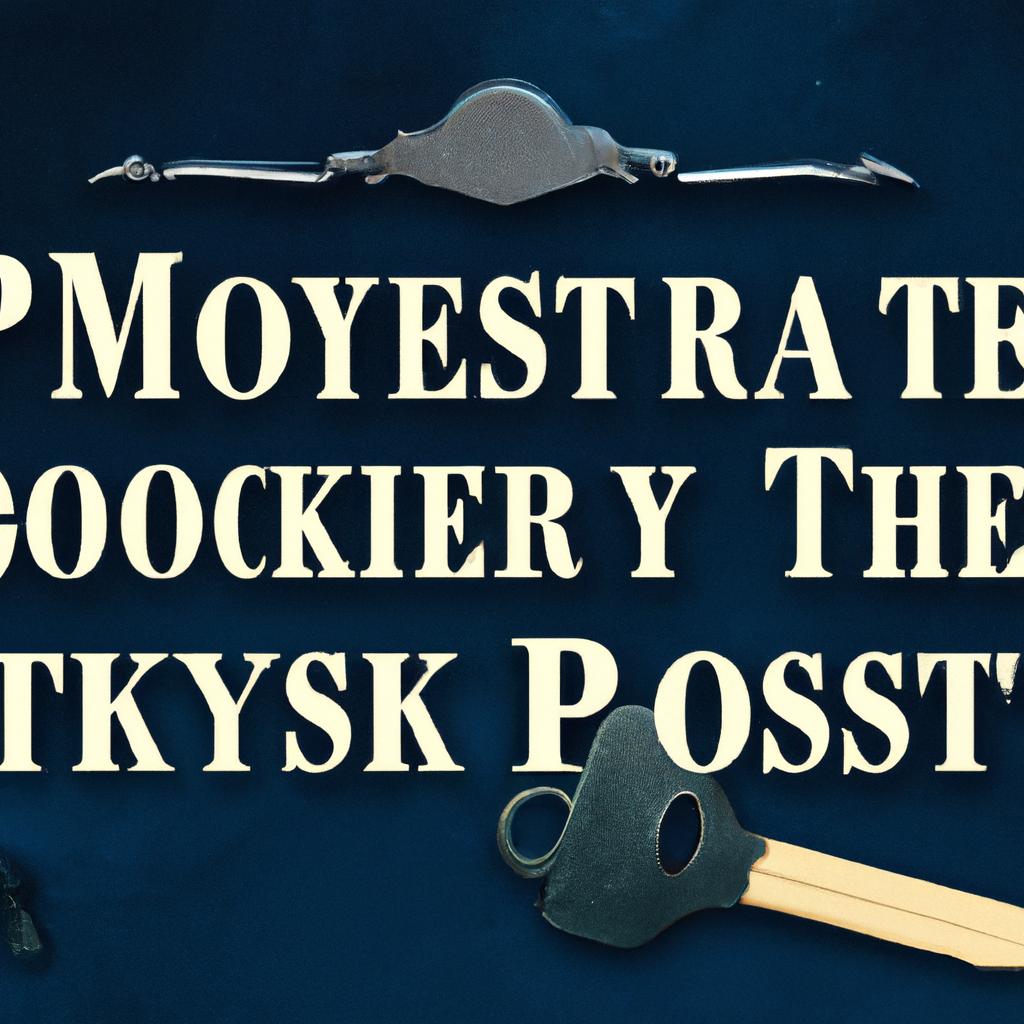Estate Planning for Singles: Importance of a Letter of Probate
In the complex world of estate planning and administration, dealing with legal matters can be daunting, especially for singles, widowed, divorced, or never married individuals. One of the many confusing aspects of this process is the “letter of probate”. But what exactly is this document and why is it so vital in the realm of probate law? Let’s explore the intricacies of the letter of probate and unveil its significance in the process of settling an estate.
Understanding the Purpose of a Letter of Probate
When someone passes away, their estate, including their money, property, and possessions, needs to be distributed to their heirs and beneficiaries. A letter of probate is a critical legal document that grants the executor of the estate the authority to carry out the deceased person’s wishes as outlined in their will.
This letter is essential for everyone involved in the probate process, as it serves several crucial functions:
- Legal Authority: The letter of probate gives the executor the legal authority to act on behalf of the deceased person’s estate.
- Asset Distribution: It provides a clear roadmap for distributing the deceased person’s assets according to their wishes as outlined in their will.
- Creditor Notification: It notifies creditors about the death of the individual and gives them the opportunity to make claims against the estate.
Ultimately, a letter of probate plays a crucial role, providing clarity and direction for all parties involved, ensuring that the deceased person’s final wishes are carried out appropriately and fairly.
Key Components of a Letter of Probate
A letter of probate is a legal document issued by a court that grants the executor of a will the authority to carry out the last wishes of the deceased. This document confirms the validity of the will and gives the executor the power to distribute the assets of the deceased as outlined in the will. It usually includes details about the executor, the deceased individual, asset inventory, and will confirmation. Additionally, it may include information about any outstanding debts or liabilities of the deceased, as well as instructions for how these should be settled.
Important Considerations When Dealing with a Letter of Probate
When dealing with a letter of probate, several important considerations need to be kept in mind to ensure a smooth and efficient process:
- Validity: Ensure that the letter of probate is valid and has been issued by the appropriate court.
- Assets: Take an inventory of all the deceased person’s assets to understand the scope of the estate and facilitate the distribution process.
- Timeline: Keep track of important deadlines and timelines associated with the probate process.
Additionally, it’s crucial to review the document carefully, follow the instructions, and maintain accurate records of all transactions, payments, and distributions related to the estate. Consulting with a legal professional, notifying all beneficiaries and creditors of the probate process, and seeking legal guidance are also important steps to take.
Key Takeaways
In conclusion, a letter of probate is a crucial legal document that grants the executor the authority to handle the deceased’s estate. It validates the will and ensures that assets are distributed according to the deceased’s wishes. Understanding the importance of a letter of probate can help navigate the often complex process of settling an estate. Seeking legal guidance and following the necessary steps can ensure a smooth and efficient probate process. Remember, when it comes to probate, knowledge is power.

Unlocking the Mysteries of Probate Letters: A Complete Guide
What are Probate Letters?
Probate letters, also known as letters testamentary or letters of administration, are legal documents issued by a probate court. These letters authorize a person or persons to act on behalf of the deceased person’s estate. Essentially, probate letters grant the executor or administrator the authority to manage and distribute the deceased person’s assets.
Benefits of Probate Letters
- Provide legal authority: Probate letters establish the legal authority of the executor or administrator to manage the estate.
- Ensure assets are distributed correctly: Probate letters help ensure that the deceased person’s assets are distributed according to their wishes or state law.
- Protect against fraud: Probate letters help protect the estate from fraudulent claims by establishing a clear legal process.
Practical Tips for Dealing with Probate Letters
- Consult with a legal professional: It is highly recommended to seek the advice of a qualified attorney who specializes in probate to guide you through the process.
- Keep detailed records: Maintain accurate records of all estate assets, debts, expenses, and distributions to avoid potential disputes.
- Communicate effectively: Keep beneficiaries and other interested parties informed and involved in the probate process to minimize conflicts.
Case Study: The Importance of Probate Letters
John Smith passed away without a will, leaving his estate in a state of confusion. Without probate letters, his assets could not be properly distributed, and his wishes could not be followed. After obtaining probate letters, John’s estate was settled in an organized and legal manner, bringing peace of mind to his family and beneficiaries.
Unlocking the Mysteries of Probate Letters
Probate letters play a crucial role in the estate administration process, providing legal authority and protection for all parties involved. By understanding the importance of probate letters and following the necessary steps, you can ensure a smooth and efficient distribution of assets according to the deceased person’s wishes.
| Key Takeaways |
|---|
| Probate letters authorize the executor to manage the deceased person’s estate. |
| Consult with a legal professional for guidance on probate matters. |
| Keep accurate records and communicate effectively to avoid disputes. |


